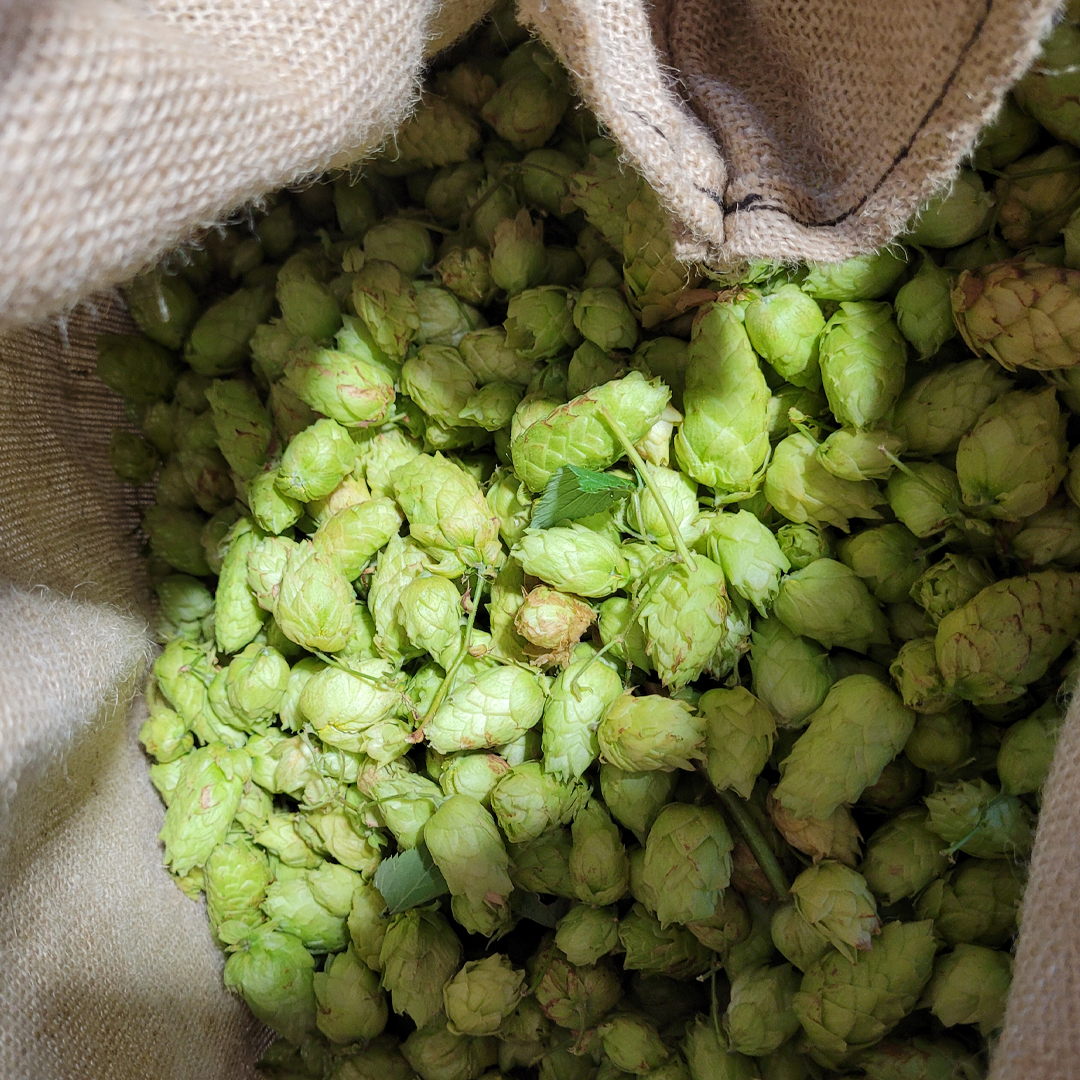
Hops in Motion: A Conversation with Urbanaut Brewery’s Dave Huff
Introduction – Who are you, and how long have you been brewing for?
Hi, I’m Dave Huff, Brewery Manager at Urbanaut Brewery. I’ve been brewing for roughly 15 years. I had the epiphany that I was going to be a brewer not long after I arrived in NZ. I taught myself how to homebrew back in the day before joining the Hallertau Brewery team and worked my way up to Brewery Manager within three years. I also consulted and did training in the Cook Islands at Hallertau’s sister company, Rarotonga Brewery. After that, I had a stint in Gisborne at Sunshine Brewery, and now here I am at Urbanaut!

What is Fresh Hop?
Hops are plants used to create flavour, aroma, and bitterness in beer. It was the Germans who first started cultivating hops for use in beer. During hop harvest, which usually occurs around the month of March in the Southern Hemisphere, there is a window of opportunity to take the freshly harvested hops and use them in the brewing process to achieve a different, more intense hop character in the beer.
What do you find interesting as a brewer about Fresh Hop?
Logistically, it’s quite challenging. We are at the mercy of the gods when it comes to harvest windows. Ultimately, we rely on the wisdom of the hop growers for the green light, and then it’s ON! They harvest the hops in the morning, drive them to the airport, and then they are flown up from Nelson. We have to be ready at the brewery for their arrival, and it requires a slightly different brewing process to incorporate them.
There are often a few curveballs on a fresh hop brew day. For example, the hops might not get on the chosen flight if the cargo is already too full. I love that challenge, and the fact it only happens once a year adds extra pressure to execute the beer to the best of our ability. Ultimately, I love the finished beer exhibiting that extra pow hop characteristic if you pull it off!
How much does the hop variety influence the style of beer you want to make?
That is crucial. It’s fair to say that, in general, certain hop varieties will suit certain styles, and I guess that’s enhanced in a fresh hop situation.
What’s your favourite fresh hop beer to make?
I really love the West Coast Pilsner style. It’s so fresh and clean with a lean malt base to really showcase the hops. This year, we have brewed a Fresh Hop Riwaka West Coast Pilsner, which is a re-brew from last year's fresh hop, which was my favourite Fresh Hop I’ve ever brewed. Riwaka is incredible in that style of beer.
What’s the turnaround with a fresh hop beer, from farm to brewery?
It’s much the same as a regular beer—about 2–3 weeks. However, we just need to get the fresh hops to the brewery as quickly as possible first.
What’s your go-to beer food pairing (that’s not a Burgernaut burger)?
Hahaha, I really love a good Saison paired with some top-notch seafood. That’s my favourite style of beer, and that combo is hard to beat. If you are pairing one of our fresh hop beers with food, I would recommend our Riwaka West Coast Pilsner with fish and chips. Yum!
What music do you have going on in the brewery?
We listen to a lot of music at the brewery, although I’d say 90s Hip Hop is a firm favourite.
What’s been your favourite hop to work with?
My favourite New Zealand hop is definitely Riwaka. Its characteristics are so unique, it's impossible to substitute. From a hop grower’s perspective, it’s actually the hardest variety to grow. It has a small harvest window and is typically low-yielding, so consequently, it’s the most expensive hop in the world. However, it is an absolute flavour bomb, which is great in a single-hopped beer such as a fresh hop, but also I like to use it to complement American hops to add complexity. A good example of me doing that is our Detroit IPA.
Why is Fresh Hop important to the NZ beer scene?
Fresh hop is super important to our beer scene because it is a chance for the New Zealand craft beer community to really experience the best that we have to offer in hop production. Our hops are among the best in the world, with brewers from all over the globe wanting to get their hands on them, so we are very lucky that we get the chance to work with our growers like this every year. I always suggest trying as many as you can while the season is on!




